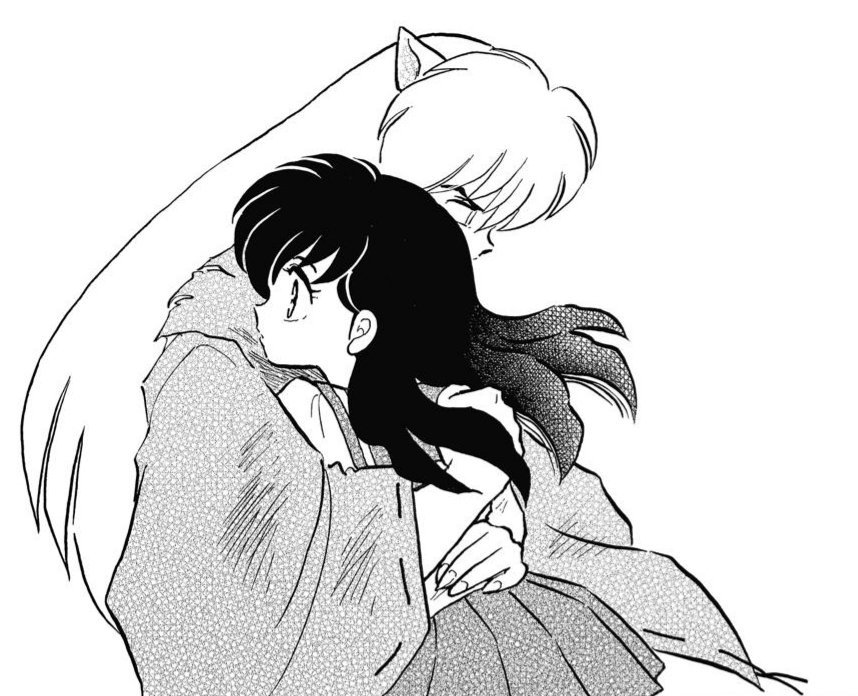Persepolis: The Story of a Silenced Revolution

Japanese manga has wholly transformed the world of comics: its term echoes in the art and entertainment scene ever since its introduction.
In the rank of graphic novels, the manga could be considered king, but one similar genre is the French bandes dessinées. Sometimes shortened to BD, the French comic is just as revolutionary as the manga, and highlighting revolution is the timeless bandes dessinées Persepolis, which is as relevant as ever.
Written and illustrated by Marjane Satrapi, Persepolis is a beautiful and brutal autobiographical BD. It’s a hard read, dragging the reader into inconquerable dark moments but spotlighting hope, justice, and poetry. It has been adapted into an animated film of the same title in 2007.
The story draws back to when Marjane Satrapi was a young girl, in the early 1980s, in Teheran, Iran. When the Shah, the dictator of that time, gets overthrown, Satrapi’s imprisoned family members finally find freedom and the young girl slowly adapts to the happy new beginnings. But hopefulness is just an illusion, as the country is caught up in the wrong hands and countless innocent lives suffer soon when the new extremist government gets elected. Satrapi faces young adulthood in unprecedented times, escaping to Europe, and dealing with clinical depression, food scarcity, war, and religious trauma, all while trying to keep her eyes on the future.
Satrapi recalls her tumultuous past, her many lost friends, and how she affronted these life-or-death situations. The author does not shy away from showing violence and misogyny, and the wickedness of the story is intricately represented with stunning minimalist and monochrome illustrations, honoring herself and her roots through beautiful details.
Though Persepolis covers a story of the past, the reality is unfortunately not so different in Iran. The morality police mirror the Guardians of the Revolution, and people, especially women or protesters, are policed as ever. Persepolis is an eye-opening read, and though heartwrenching, nothing compares to the courage and prose Satrapi poured into it.
About the Author:
Mizuki Khoury
Born in Montreal, based in Tokyo. Sabukaru’s senior writer and works as an artist under Exit Number Five.





